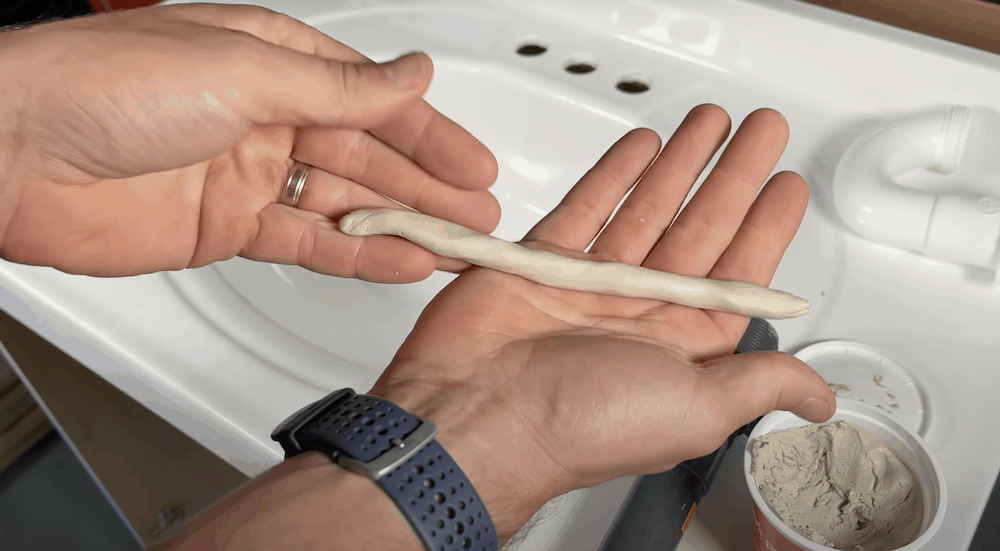Plumbers putty is a clay-like, moldable material that plumbers use to form seals around drains and other plumbing fixtures. There are many different types of putty on the market, but all share the characteristics of being easy to use, water resistant, and durable. In this blog post, we’ll take a closer look at what plumbers putty is and how it works to help customers better understand its purpose.
What is Plumbers Putty Made Of?
Plumbers putty comprises three main ingredients: linseed oil, clay powder, and mineral powder. The linseed oil helps make the putty pliable and easy to work with. Clay powder gives the putty its shape, while mineral powder adds strength and makes it water-resistant. Together, these ingredients create a malleable material that can be used to form seals around sink drains, bathtubs, showers, faucets, water pipes, and other plumbing fixtures.
How Does Plumber’s Putty Work?
Plumber’s putty works by forming a seal between two surfaces using pressure from your hands or tools such as a rubber mallet or hammer. Before applying the putty, you should clean both surfaces with a damp cloth so that no dust or debris present could interfere with the seal. If you’re using tools to apply pressure, you should use light blows until the desired shape is achieved. Once applied correctly, the plumber’s putty will remain flexible for many years allowing it to handle expansion and contraction without cracking or breaking apart over time.
What Are Some Common Uses For Plumber’s Putty?
Plumber’s putty has many uses beyond just sealing sinks and drains, including packing windowsills against rainwater infiltration; creating waterproof seals around shower stalls; sealing weep holes in masonry walls; filling cracks in mortar joints; caulking gaps in tile floors; covering exposed nails; patching damaged drywall; creating weatherproof gaskets for outdoor electrical boxes; caulking around window frames; sealing small holes in metal surfaces; filling small cracks in concrete driveways or sidewalks; stopping leaks from faucets or pipes; creating airtight seals on food storage containers; silencing rattling pipes due to vibration from water heaters or washing machines; and much more!
Plumbers putty has been used for generations by professionals for all sorts of applications related to plumbing repairs or installations. Its ability to form solid yet flexible seals makes it an invaluable tool for any homeowner looking to do some basic DIY home repairs. If you have questions about how best to use plumber’s putty for your next repair project, contact your local plumbing professional today! They can advise on which type of plumbers putty would be best suited for your job and give tips on how best to apply it so you can get results that last!

